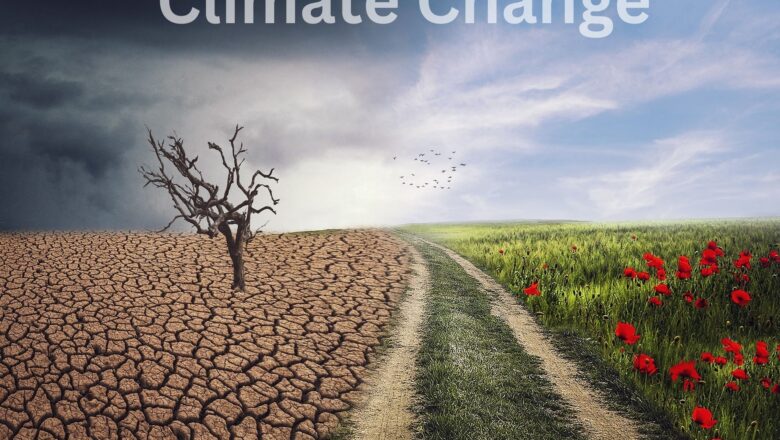
Unpredictable Temperature Changes Could Kill Low-income Countries: Report
A new study published in Nature Communications has raised alarms over the increasing frequency of rapid temperature shifts abrupt swings between extreme heat and cold across the globe with low-income countries expected to bear the brunt of the consequences.
The research, jointly led by scientists from Sun Yat-sen University (China) and Princeton University (USA) found that over the past six decades, more than 60% of the world's regions have experienced a significant uptick in these extreme temperature "flips." The most affected zones include South America, Western Europe, Africa, South and Southeast Asia.
If current high emission trends continue these fluctuations are projected to become even more intense and frequent by the end of the century posing serious threats to human health,...








